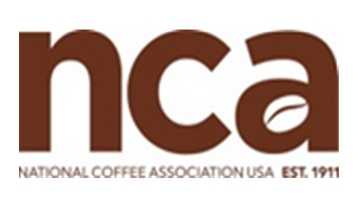The EFSA Report issued this week is a draft document intended to invite public comment as EFSA works to achieve a comprehensive, vetted scientific opinion on acrylamide in food.
The document offers hypotheses regarding the potential for adverse health effects in humans based almost exclusively on effects observed in animals, and expressly calls for further research on acrylamide exposure and toxicity, noting the paucity of current human dietary studies.
Notably, EFSA acknowledges that “. . . human studies have not demonstrated AA [acrylamide] to be a human carcinogen.” As such, any conclusions regarding the potential for carcinogenic or neurotoxic effects in humans from dietary exposure to acrylamide are preliminary in nature and based on extrapolations from animal data.
Coffee does not cause cancer, according to an overwhelming preponderance of human epidemiological and toxicological research, as well as animal studies.
In coffee, along with most starchy foods, acrylamide arises during the browning process as a reaction between naturally occurring compounds in the presence of high temperatures.
Levels of acrylamide found in brewed coffee by volume are significantly lower than in most cooked potato, wheat and grain products, as noted on several occasions in US Food and Drug Administration (FDA) market basket surveys.
Moreover, numerous studies have concluded that coffee may be protective against liver, colorectal and other cancers, as well as diseases such as type 2 diabetes, liver cirrhosis, and Alzheimer’s.
In addition, EFSA combines “coffee” and “coffee substitutes” in a single category among the cited food types.
Combining products of such disparate origin does not enable identification of distinct component properties.
Moreover, it conflates coffee with grain-based substitutes, which have been shown to develop significantly higher levels of acrylamide in cooking than coffee by the FDA and scientific bodies around the world.
Further, while “coffee and coffee substitutes” are identified by EFSA to have the highest acrylamide levels of any food type, these levels are for the dry product (such as roasted beans or roast and ground coffee) and not for the beverages as consumed, and are thus not comparable to levels for other food types that are directly consumed (such as potato crisps and baby food)
Therefore, the EFSA draft opinion should not be characterized as implicating coffee as a leading contributor to dietary exposure to acrylamide or confirming any potential ill effects associated with consuming coffee in general.
As noted, there are many, acknowledged limitations in the draft opinion’s purpose, scope and content, as well as the underlying body of evidence, that should be taken into account when interpreting this draft document.
Source: NCA


















